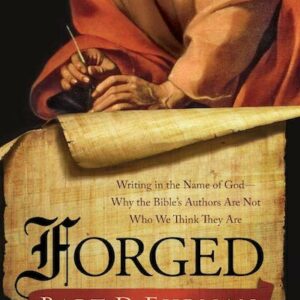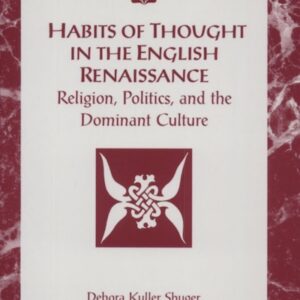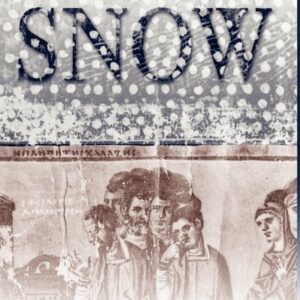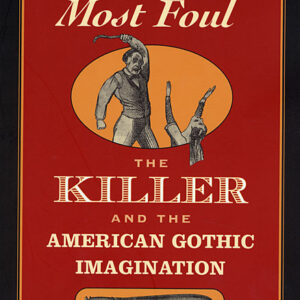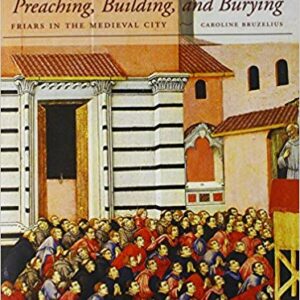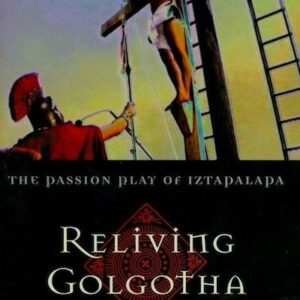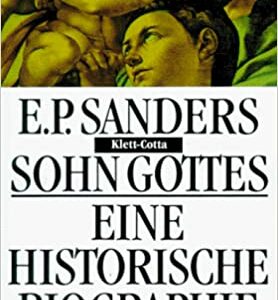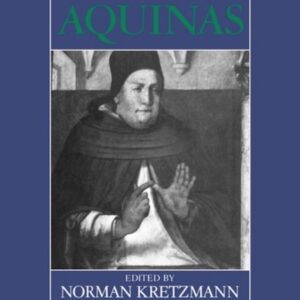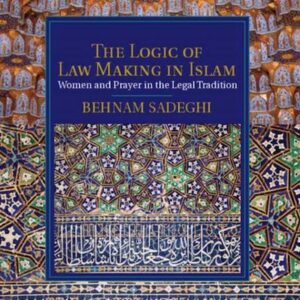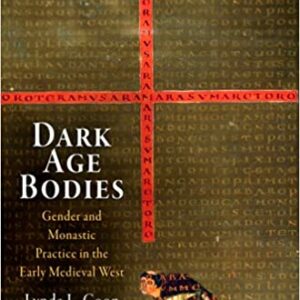
Dark Age Bodies: Gender and Monastic Practice in the Early Medieval West
By Lynda L. Coon (NHC Fellow, 2004–05) In Dark Age Bodies Lynda L. Coon reconstructs the gender ideology of monastic masculinity through an investigation of early medieval readings of the body. Focusing on the Carolingian era, Coon evaluates the ritual and liturgical performances of monastic bodies within the imaginative landscapes of same-sex ascetic communities in northern Europe. … Continued
